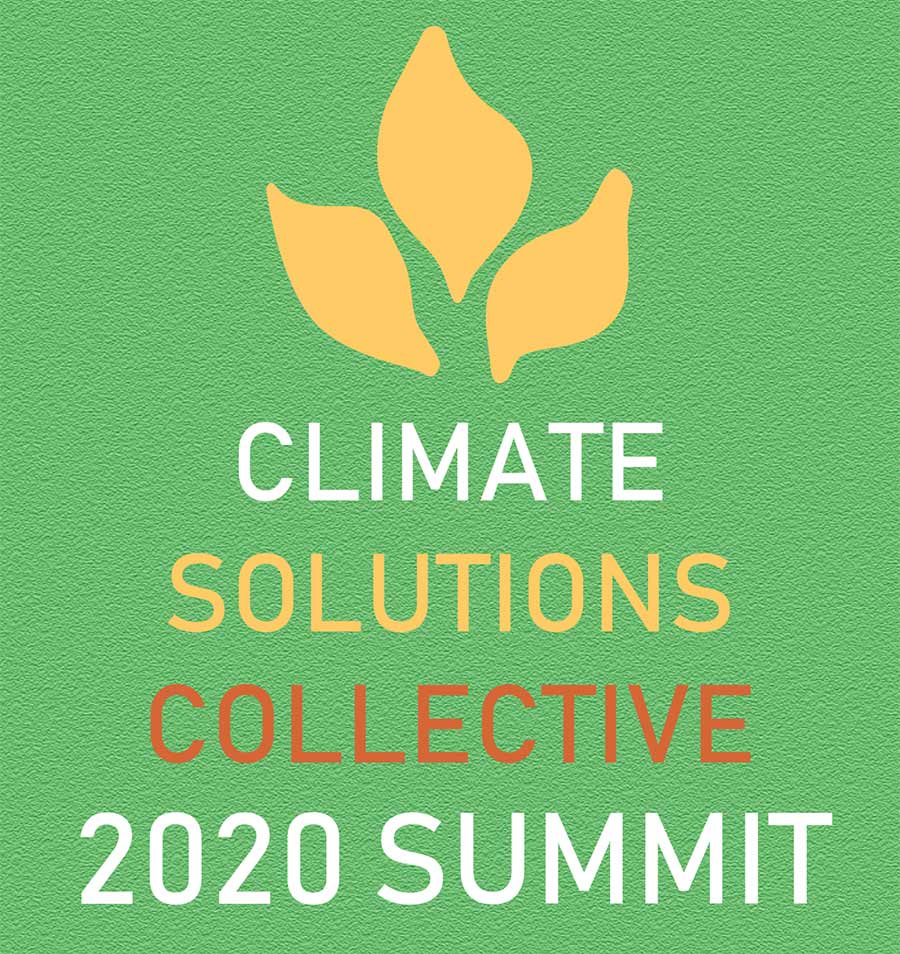By:
- Christine Clark
Published Date
By:
- Christine Clark
Share This:
10 TED-Style Talks to Teach San Diegans Solutions to Climate Crisis
Summit hosted by Muir College to arm community with actionable goals to address a warming world

On Feb. 6, Antarctica reached 65 degrees Fahrenheit, the same temperature San Diegans were experiencing. The day marked the warmest temperature ever recorded for the southern continent, which came just days after the Earth saw its warmest January on record. The climate crisis making headlines weighs heavily on the hearts and minds of concerned citizens throughout the globe and on the UC San Diego campus.
“It is time to focus on climate action, not just the scope of the problem,” said K. Wayne Yang, provost of Muir College.
Actions that shape solutions to the climate crisis are the center of an upcoming summit hosted by the college on Friday, Feb. 21 which is free and open to the public.
“We want to bring together multiple voices from the San Diego area who are working on climate solutions,” Yang added. “Everyday people who want to act now can learn about what is possible and be inspired to take concrete action.”
The event will feature 10 speakers giving TED-style talks, each providing hands-on solutions for climate issues. The speakers include regional leaders and UC San Diego faculty, such as Hasan Ikhrata, executive director of San Diego Association of Governments (SANDAG), Richard Carson, distinguished professor of economics at UC San Diego, and Fonna Forman, political science professor and founding director of the UC San Diego Center on Global Justice, among others.
The summit will be live-streamed and the videos will be posted online. Muir College plans to create a video clearinghouse of scalable solutions that can be used by college and K-12 classrooms, as well as by the general public.
“We felt the best place to gather is UC San Diego, where the carbonization of the atmosphere was first discovered, and where some of the most important climate change science and policies are being developed,” Yang said.
The talks run 10 a.m. to noon, and from 2 to 5 p.m. in the Atkinson auditorium. The full list of speakers and their topics are listed below.
- 10 a.m. Gordon McCord, associate teaching professor of economics, School of Global Policy & Strategy
McCord will speak about how land-use and food systems are unsustainable around the world and emit greenhouse gasses. Land-use and food systems are also highly vulnerable to climate change, which might threaten food supply and ecosystem services in many countries. Solutions exist, but the transformation of land-use and food systems requires long-term strategies that can organize policy-making across government agencies and across countries. McCord will talk about a project he is working to do just that--design sustainable pathways to 2050 that meet objectives including food security and healthy diets for all. - 10:25 a.m. Paul L. Watson, president and CEO of the Global Action Research Center
Watson will discuss natural climate solutions that grassroots communities are creating in urban settings. He will present specifically on the Ocean View Growing Grounds (OVGG) in Southeast San Diego and the role urban gardens play as natural carbon sinks. - 11 a.m. Eric Robinson, president San Diego Thorium Energy Alliance
Robinson will present on the Molten Salt Reactor (MSR), which is a nuclear reactor developed in the U.S. The primary fuel is Thorium. The reactor is considered safe, since the fuel is a molten salt and at atmospheric pressure, it cannot melt down or explode. Such a fuel system would have low environmental impact, not polluting the air, water or land. - 11:25 a.m. Hasan Ikhrata, executive director of the San Diego Association of Governments (SANDAG)
Ikhrata will present on SANDAG’s climate action plan, and his vision for a transportation system that reduces carbon emissions to net zero. The plan outlines how San Diego could achieve more sustainable communities while maintaining a higher quality of life in our region. - 12:25 p.m. Fonna Forman, political science professor and founding director of the UC San Diego Center on Global Justice
Forman will discuss how “bending the curve” of global warming will help achieve a more just and equitable planet. Climate change is caused disproportionately by the production and consumption habits of the world’s richest populations. In contrast, the bottom 3 billion suffer the greatest harms associated with climate change. - 2 p.m. Richard Carson, distinguished professor of economics
Carson will talk about how economists think about and categorize different climate solutions. This can help people understand where a particular solution fits, as well as how different types of solutions fit together or work at cross purposes. - 2:25 p.m. Adam Aron, professor of psychology
Aron will speak about taking political and policy actions required by large institutions to decarbonize. His talk has implications for school districts, corporations, cities, etc. on how they can take concrete actions towards achieving decarbonization. He will discuss how to build consensus among various constituencies. Many of these strategies have been employed by Aron and other members of Green New Deal’s senate task force on the Climate Crisis. - 3 p.m. Shasta Gaughen, professor anthropology at California State University San Marcos
Gaughen will speak about the many projects that Southern California tribal communities have developed to combat and adapt to climate change. For example, the newly launched Scalable San Diego Intertribal Resilience Data Development Project is working with tribes and health professionals on how to develop health data tools for use in tribal climate vulnerability assessments and adaptation plans.
Share This:
Stay in the Know
Keep up with all the latest from UC San Diego. Subscribe to the newsletter today.



